
Despite the fact that we watch what we eat more often than not we are not getting all the essential nutrients that we need from food. In this article we take a look at the nutrients that are key for proper body functioning but are either missing from our diet or we take them in insufficient amounts.
The amount of vitamins and minerals that we discuss in this article can be increased either by focusing more on certain food groups or by taking dietary supplements after talking to a doctor.
1. Vitamin A
Vitamin A is a pretty essential vitamin that most individuals are not getting enough of, and yet we all need it for proper body functioning.
Vitamin A helps maintain a good vision and lets us see in the dark, promotes a healthier immune system and improves bone health.
The Recommended Dietary Allowance (RDA) for adult males (19 years of age and older) is 900 micrograms (mcg) a day, while for adult women of the same age it is 700 mcg a day.
Foods that are rich in vitamin A and can assist you in increasing your daily intake thereof include carrots, broccoli, sweet potatoes and spinach.
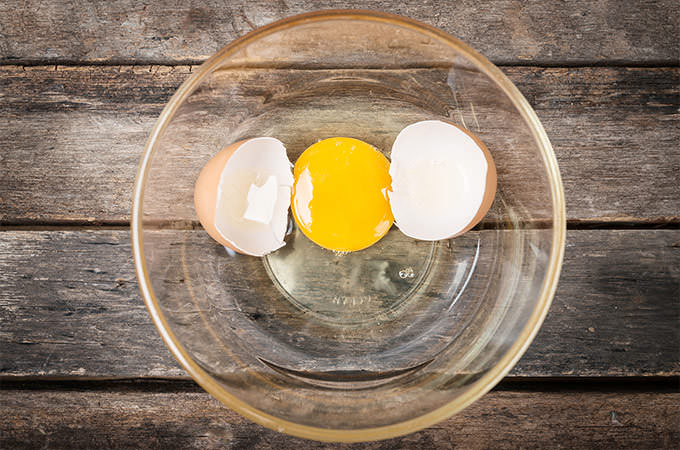
2. Vitamin D
Vitamin D matters to absorb calcium and promote overall bone growth. Vitamin D deficiency is evident in individuals not exposed to the sun or living in dark, harsh winter climates.
Vitamin D deficiency is manifested in fragile bones, weight gain and an increased risk of cancer and various autoimmune diseases.
Our body makes vitamin D from sunlight, but that’s not the only way to ensure healthy vitamin D conditions.
Fish and egg yolk are excellent natural sources of vitamin D, which can help one reach 600 IU of vitamin D recommended for adults to be taken on a regular basis.

3. Calcium
Calcium is a mineral that aids in good bone, heart, muscle, nerve and teeth health.
If you are like most people not getting enough calcium in your diet, don’t worry, you don’t have to drink milk if you don’t like it.
The Recommended Daily Allowance of calcium is 1,000 to 1,300 milligrams a day for both males and females aged 9 years and up.
One of the most obvious ways to have more calcium in your diet is to eat more dairy products, but if you’re lactose intolerant or don’t like dairy all that much, you can always go for more dark green leafy veggies, seeds and nuts.
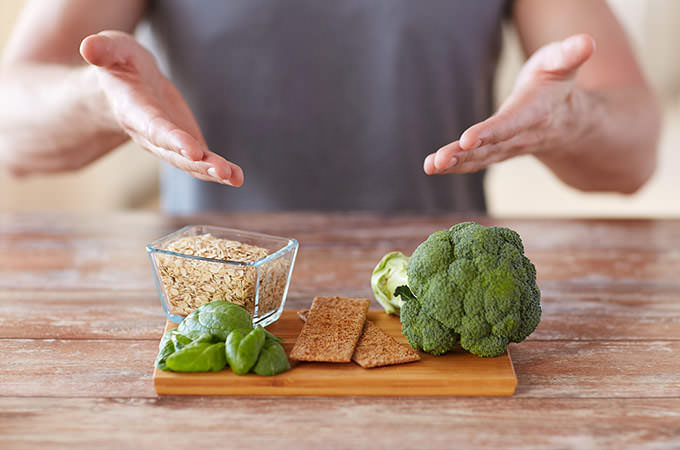
4. Fiber
Fiber is a carbohydrate that unlike other carbohydrates isn’t digested and turned into sugar in the body, but instead it passes through undigested, helping maintain a healthy digestive tract and regulate sugar levels.
Fiber is usually found in foods that are very low in calories, such as oats, and thus can manage your weight.
The Recommended Daily Allowance for adult males is 38 grams, while for those who are over 50, 30 grams of fiber is considered enough. The Recommended Daily Allowance for adult females is 25 grams, while for those who are over 50, 21 grams is considered enough.
Include more whole grains into your diet, as well as beans, chickpeas and fresh fruits and vegetables.
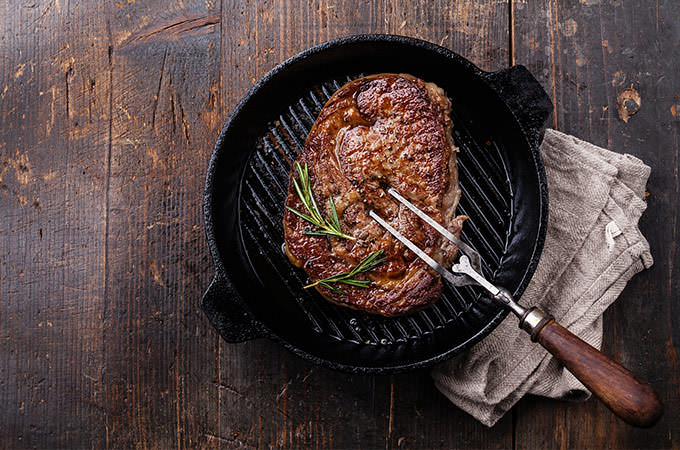
5. Iron
Iron deficiency is the most common nutritional deficiency in the U.S. despite the fact that this mineral is one of the most important for maintaining a healthy life.
Iron helps transport oxygen throughout the body and one of the most common signs of iron deficiency is feeling tired and exhausted all the time, especially if you are in good physical shape.
Fatigue can affect anything from brain function to the immune system and this is why it is important to stock up on foods such as beef, turkey, chicken, eggs, kidney beans and oatmeal to meet the Recommended Daily Allowance of 8 milligrams a day for adult males and 8 milligrams a day for adult females.
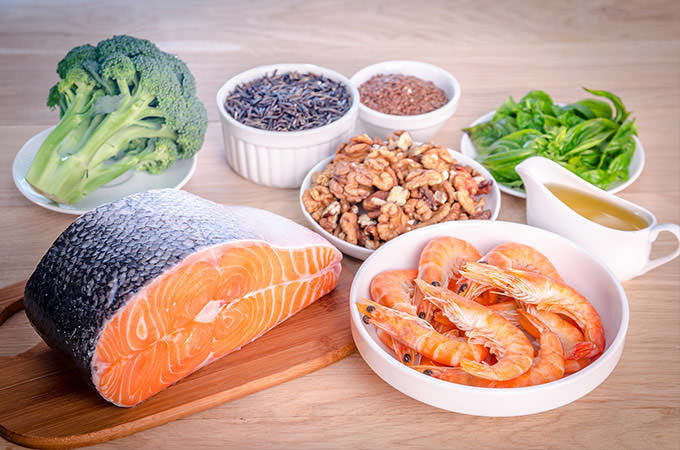
6. Omega-3 Fatty Acids
Omega 3-fatty acids are mainly missing in diets of people who don’t eat fish at least 2-3 times a week.
These are unsaturated fatty acids that are found in fish oil and reduce the risk of heart disease, rheumatoid arthritis, Alzheimer’s disease, and other mental problems such as depression and ADHD.
Two of the three fatty acids are obtained from fish, while the third one can also be found in nuts and seeds, so make sure you eat tuna, salmon, sardines, walnuts and flaxseed to get your daily and weekly intake of Omega 3s.
Keep in mind that wild fish contains more of these nutrients than farm-raised fish, which also comes with higher levels of contaminants.
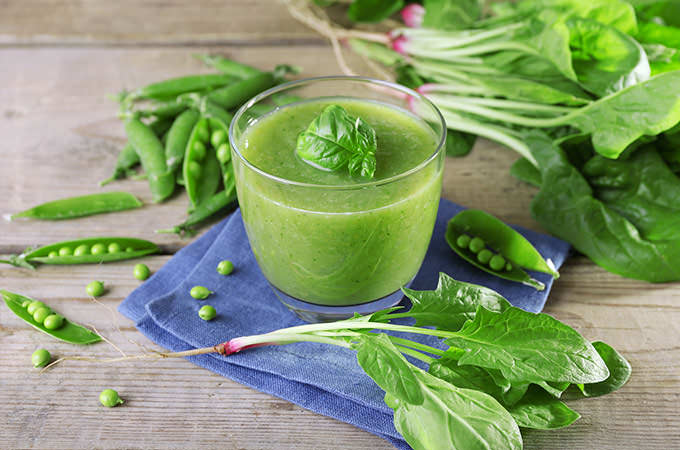
7. Magnesium
Magnesium is necessary to transport calcium and potassium ions throughout the body and the Recommended Daily Allowance for adult males is 420 mg, while it is 320 for adult females.
Only 25% of Americans meet the Recommended Daily Allowance of magnesium. Magnesium deficiency can lead to a host of health problems that could have otherwise been avoided, including high blood pressure, diabetes, osteoporosis, muscle cramps, and cardiovascular conditions.
Individuals with irritable bowels and those who frequently drink alcohol are at a higher risk of magnesium deficiency.
Foods that are particularly rich in magnesium and which could help avoid or increase low levels of magnesium include vegetables such as beans, peas and spinach, as well as whole grains and almonds.

8. Potassium
Potassium is another key nutrient Americans aren’t getting enough of even though it can be found in many foods that are readily available.
Potassium helps maintain a healthy blood pressure, nerve function, and it supports muscles and fertility.
Experts suggest taking 4,700 milligrams of potassium on a daily basis for both men and women satisfies the body’s need for potassium.
Potassium is found in fresh fruits and vegetables, and it is very important to note that boiling destroys potassium so produce needs to be consumed either raw or baked or lightly steamed to get the most out of this element.
Foods such as potatoes, legumes and bananas are particularly rich in potassium.

9. Choline
Choline is a nutrient that belongs to the B vitamins group and our body requires it to build and maintain healthy cells and to ensure proper muscle and nerve functioning.
Food sources of choline are relatively scarce and include peas, beans and eggs, but you can always take dietary supplements to reach the daily recommended dose of 425 milligrams for women and 550 milligrams for men per day.
Add peas to your next omelette or snack on hard-boiled eggs on a regular basis and you will also increase your daily intake of other essential nutrients found in foods that are rich in choline.
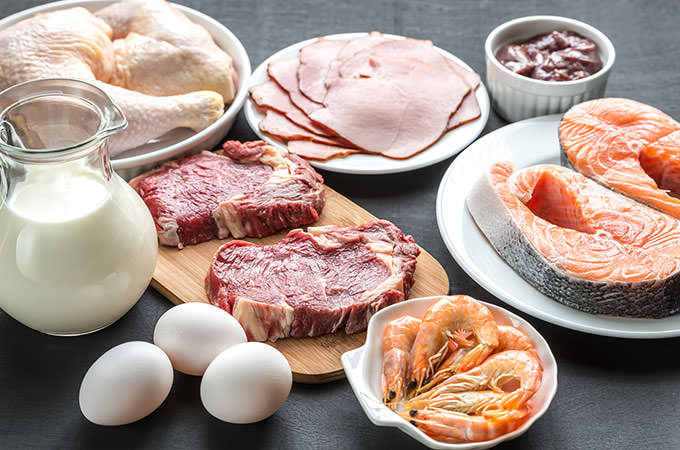
10. Vitamin B12
Vitamin B12 is not that often discussed but it is essential for nerve and blood cells, and it helps to produce energy and create DNA.
People over the age of 50 are at a particular risk of vitamin B12 deficiency and so are vegetarians and vegans.
Not surprisingly, good sources of vitamin B12 include meat, eggs, fish and dairy products. B12 is not available in plants so vegans have to acquire it in different ways, particularly through breakfast cereals and B12 supplements.
The Recommended Daily Allowance of B12 is 2.4 micrograms per day for both adult males and females and if you suspect you might be at risk of B12 deficiency, talk to your doctor before taking any supplements.
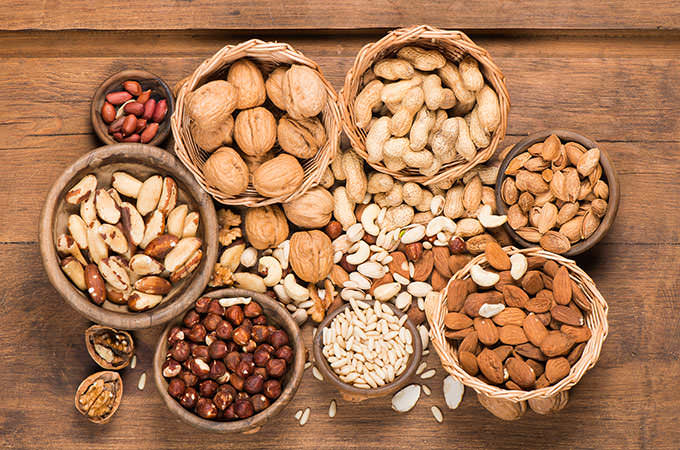
11. Vitamin E
Vitamin E is a powerful antioxidant that not only helps protect skin and cells against aging, but it is also a potent agent in reducing the risk of cancer.
The Recommended Daily Allowance of vitamin E is 15 milligrams a day and one of the easiest ways to ensure your diet contains enough of it is to eat as many nuts as you can as snack, to add them to salads, sandwiches and desserts, and to cook with vitamin E-rich oils.
Make sure you eat sardines, hazelnuts, sunflower seeds and almonds for a proper intake of vitamin E and protection from cardiovascular illnesses that also comes from consuming nuts.

12. Vitamin C
Vitamin C is one of the essential vitamins necessary for the repair of tissue in the body and despite its presence in fruit, vegetables and even juices, most people aren’t getting the recommended daily dose.
Vitamin C is also a powerful antioxidant which protects cells from damage and preserves a youthful glow, which coupled with the fact that it boosts collagen production in the body means that vitamin C is one of the most powerful anti-aging nutrients.
With all the positive effects that vitamin C has on the body, it’s a shame that we are not eating more citrus fruits, broccoli, kiwi, dark leafy greens, berries and tomatoes.
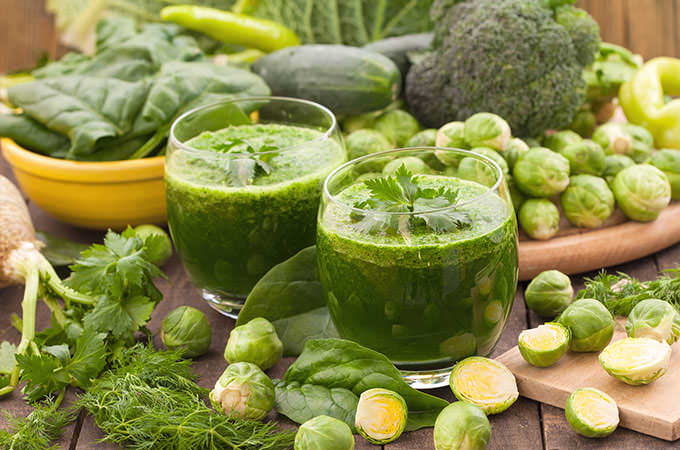
13. Vitamin K
Vitamin K may not be as well known as some of the other vitamins and minerals on our list, but it is nowhere near less important.
Vitamin K is essential for proper blood clotting and good bone health, thus Vitamin K deficiency can result in nosebleeds and fragile bones.
This vitamin is mostly found in green vegetables, primarily spinach, broccoli, Brussels sprouts, kale and collard greens.
These veggies are certainly healthy as they contain a host of other necessary nutrients, so they will be helping in meeting the Recommended Daily Allowance of other vitamins while aiming to get enough of vitamin K.

14. Folate
Folate is a type of B vitamin, sometimes referred to as vitamin M, vitamin B or folic acid.
Folate is necessary for proper cell growth and metabolism and it is particularly important that women who are trying to conceive increase their intake of folic acid to meet the nutritional requirements.
The sources richest in folate include orange juice, dried beans and leafy greens.
In addition, plenty of products on the market include folate, such as bread, pasta and cereal, so make sure you read the list of nutrients of the foods you buy and go for those fortified with folic acid.

15. Zinc
Zinc is a mineral necessary for proper functioning of the immune system and for building proteins. You can obtain it from foods such as dark chocolate, pumpkin seeds, baked beans and oysters.
Most of us don’t eat these foods on a regular basis so it’s no surprise we have lower—than-recommended levels of zinc in our body.
Substituting regular chocolate for dark chocolate has numerous health benefits, and that could be the first step you take towards increasing your zinc intake.
Certain fortified cereals can also be a good source of zinc, just make sure you stay away from the sugary kind.

